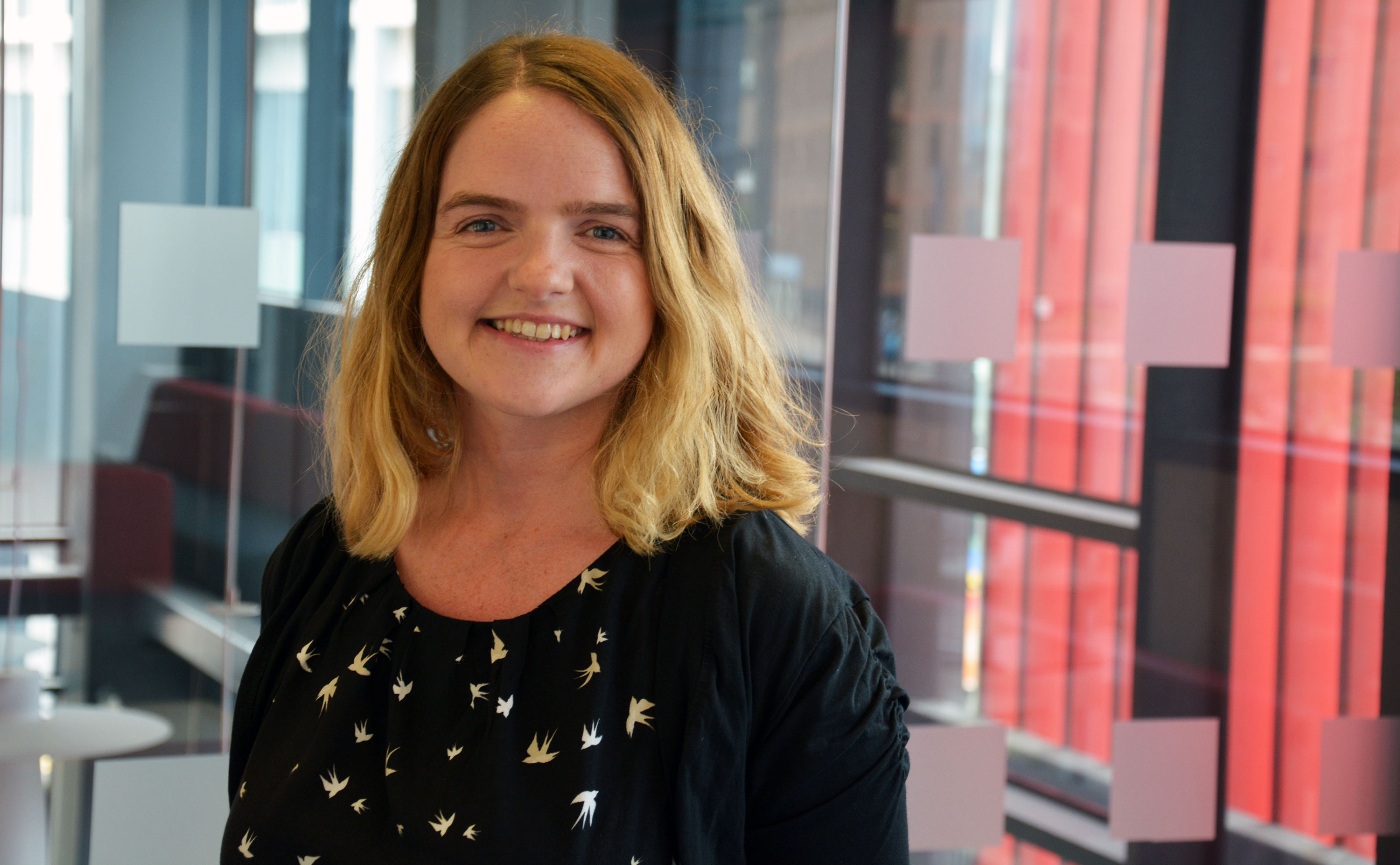Fraser of Allander Institute: Scottish income tax – mixed reactions from business community

Mairi Spowage
More than half of Scottish businesses (57%) have experienced little to no impact from the Scottish Government’s income tax policy, while 34% have felt the effects more sharply, according to the Fraser of Allander Institute.
The institute’s Scottish Business Monitor (SBM) for Q2 2024, conducted in May, gathered responses from over 300 firms across various sectors of the Scottish economy.
Against the backdrop of the Scottish Government’s income tax changes, the Institute asked a series of questions relating to firms’ views of the impact on their business.
The findings show that 28% of firms reported no impact from the policy, while a similar proportion (29%) felt only “a little” impact.
In contrast, 17% of respondents experienced a “fair amount” of impact, with another 17% stating that the policy had a “significant” effect on their operations.
Construction emerged as the most affected, with 27% of firms reporting a significant impact, whereas the Wholesale & Retail sector saw the least effect, with 34% of businesses indicating no impact.
Key issues identified from firms’ responses in the survey include:
- Recruitment and Retention: Many businesses say they are struggling to attract and retain talent, citing higher taxes as a cause of employee dissatisfaction, leading to increased wage demands and reluctance to relocate to or remain in Scotland.
- Wage Pressures: A number of respondents reported raising wages to compensate for the reduced take-home pay of employees due to the higher tax rates.
- Competitiveness and Investment: Some businesses perceive Scotland’s higher tax regime as a competitive disadvantage compared to the rest of the UK, with a few considering moving operations or investments south of the border.
Despite these challenges, there were also neutral or positive responses, with many firms telling us there was no impact from the changes. Others recognised that the higher tax rates play a role in funding public services in Scotland, such as healthcare and education.
Professor Mairi Spowage, Director of the Fraser of Allander Institute at the University of Strathclyde, said: “These results shed light into the ongoing debate on how tax policies are affecting businesses and the broader Scottish economy.
“While most firms report minimal impact from the current tax policy, a notable minority are experiencing challenges, especially in areas like staffing and investment.
“This divide underlines that taxation is a particularly contentious issue, and ties into the discussion happening across Scotland about how diverging rates of income tax are affecting the economy.
“As the Scottish Budget approaches on December 4th, the Deputy First Minister will need to weigh whether the current tax balance is right – or if there’s any scope for change.”








